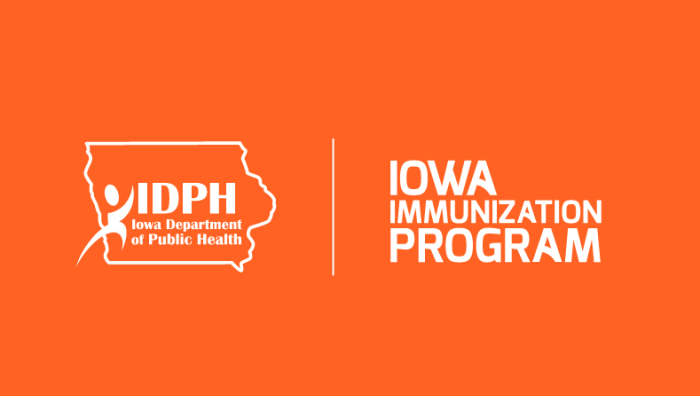The Iowa Department of Public Health does not intend to limit the use of exemptions to mandatory vaccinations during the novel coronavirus (COVID-19) pandemic, spokesperson Amy McCoy confirmed on May 19.
A May 5 post by Jacob Hall on The Iowa Standard blog has been making the rounds in conservative circles lately. Its title, “Current Iowa law allows for forced vaccinations during time of public health disaster, removes exemptions as well,” refers to a part of Iowa Code that allows the Department of Public Health to “Vaccinate or order that individuals be vaccinated against an infectious disease” during a public health disaster.
A different portion of Iowa Code and a related administrative rule state that medical or religious exemptions to otherwise mandatory vaccinations “do not apply in times of emergency or epidemic as determined by the state board of health and declared by the director of public health.”
McCoy told Bleeding Heartland via email,
It is the Department’s position that this code section is applicable only if the emergency or epidemic results from an outbreak of a vaccine-preventable disease and that Iowa Immunization Administrative Code 7.3(3) would therefore not apply to the COVID-19 pandemic. School districts should continue to recognize medical and religious exemptions if a student satisfies the requirements for the exemption.
Children enrolled in Iowa elementary or secondary schools must be vaccinated against ten preventable diseases, and those attending licensed child care centers must receive most of the same immunizations.
The state’s medical exemption form requires a physician, physician’s assistant, or nurse practitioner to stipulate that “the immunizations specified on this certificate would be injurious to the health of the applicant, to a member of the applicant’s family or household or the required vaccine would violate the minimum interval spacing.” The religious exemption form can be signed by any parent or guardian willing to attest that a required immunization “conflicts with a genuine and sincere religious belief and that the belief is in fact religious, and not based merely on philosophical, scientific, moral, personal, or medical opposition to immunizations.”

